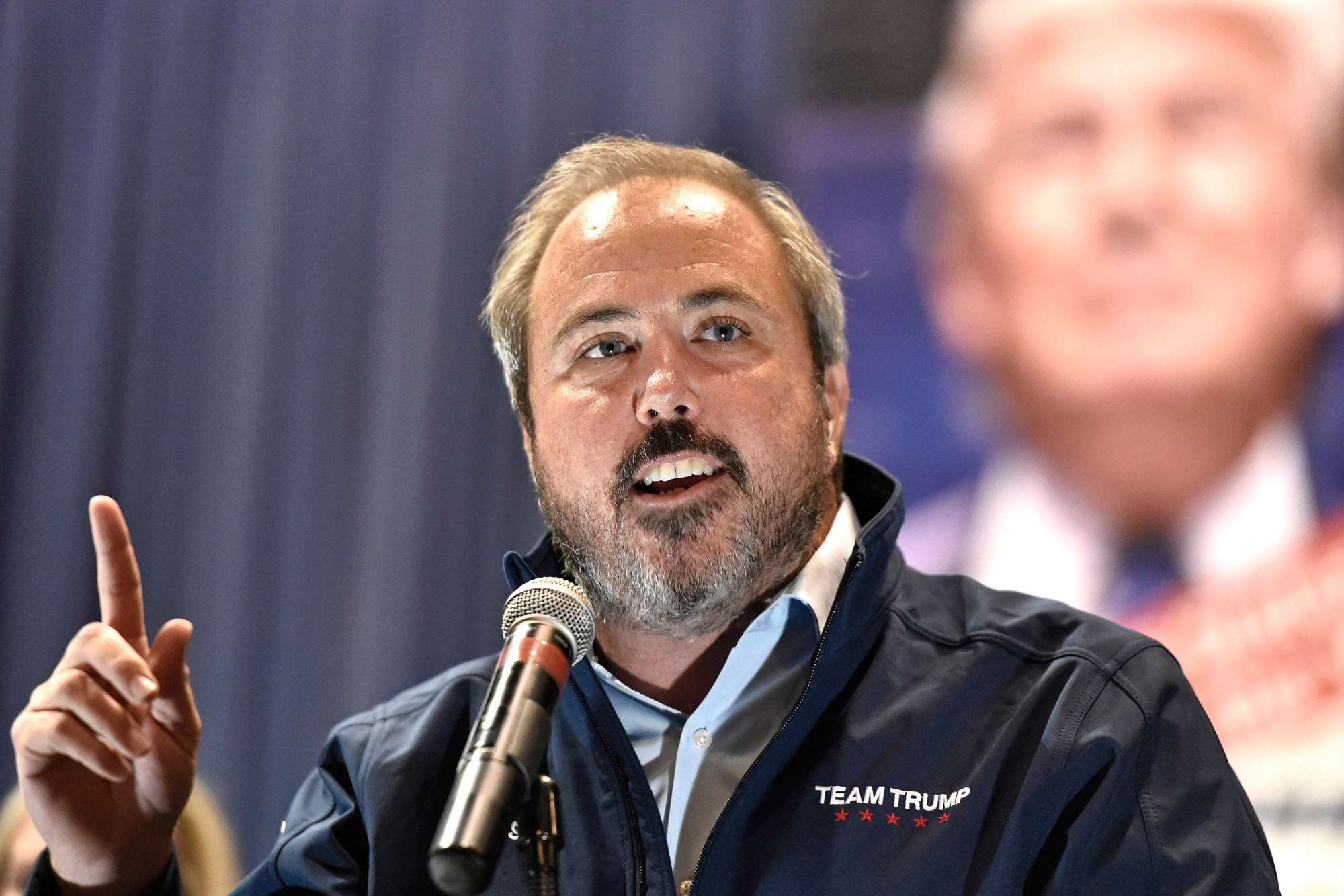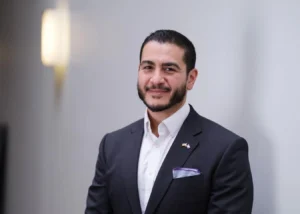By Sally Goldman
On August 22, 2025, Florida State Senator Joe Gruters stepped into the national spotlight as the newly elected chairman of the Republican National Committee (RNC), a role that positions him as a central figure in the Republican Party and a loyal ally of President Donald Trump. His unanimous election at the RNC’s summer meeting in Atlanta was widely expected, given Trump’s strong endorsement and Gruters’ long-standing commitment to the former president. But who is Joe Gruters, and what does his leadership mean for the GOP as it looks toward the 2026 midterms and beyond?
Gruters, a 48-year-old accountant from Sarasota, Florida, has built a formidable political career through grit and strategic maneuvering. His journey began as a local operative, chairing the Sarasota County GOP for a decade, where he honed his skills in organizing and fundraising. By 2016, he was co-chairing Trump’s Florida campaign, cementing his reputation as a steadfast supporter. As early as 2012, when Trump was still better known for reality TV than politics, Gruters, as head of the Sarasota GOP, named him the county’s “Statesman of the Year”—a prescient move that foreshadowed their alliance.
From 2019 to 2023, Gruters chaired the Florida Republican Party, overseeing a transformation that turned Florida from a battleground state into a GOP stronghold. During his tenure, Republicans gained a voter registration edge, secured legislative supermajorities, and delivered resounding victories for Trump in 2020 and Governor Ron DeSantis in 2022. “He led the transformation of Florida from a purple state to a red state,” said outgoing RNC Chairman Michael Whatley, crediting Gruters’ strategic acumen. With the RNC now holding over $80 million in cash reserves—far outpacing the Democratic National Committee’s $15 million—Gruters inherits a financial powerhouse.
His election as RNC chairman underscores Trump’s enduring influence over the party. Trump’s endorsement ensured Gruters faced no serious challengers, making the vote a formality. In his new role, Gruters will serve as a fundraising partner for the White House, a public voice on national media, and a strategist tasked with protecting GOP congressional majorities in 2026. Looking further ahead, he’ll shape the 2028 presidential primary process, setting debate rules and the calendar—a role that could influence the race to succeed Trump, who is barred from running again due to term limits.
Gruters’ rise hasn’t come without friction. His ongoing rivalry with Governor Ron DeSantis has raised eyebrows. The two have clashed over state politics, notably when DeSantis ignored Trump’s endorsement of Gruters for Florida’s chief financial officer role, appointing his own ally instead. With DeSantis eyeing a potential 2028 presidential run, Gruters’ control over the primary process could complicate their dynamic. Democrats have also taken shots, with the DNC’s Jaelin O’Halloran labeling Gruters a mouthpiece for Trump’s “extremist agenda,” accusing him of supporting policies like healthcare cuts and abortion restrictions.
In his acceptance speech, Gruters struck a confident note, emphasizing the RNC’s mission to expand GOP majorities and ensure “election integrity.” While avoiding direct references to Trump’s election fraud claims, he pledged to build teams of lawyers and poll watchers to monitor voting processes. Drawing on his Florida success, Gruters aims to replicate his voter registration and fundraising strategies nationally.
As the GOP prepares for a pivotal midterm cycle, Gruters’ leadership will be under scrutiny. Allies like Tennessee GOP Chairman Scott Golden praise his fundraising prowess and analytical skills, while Trump has lauded his ability to deliver “massive and historic victories.” Whether Gruters can translate Florida’s red wave into national success remains to be seen, but his chairmanship signals the GOP’s unwavering commitment to Trump’s vision.















